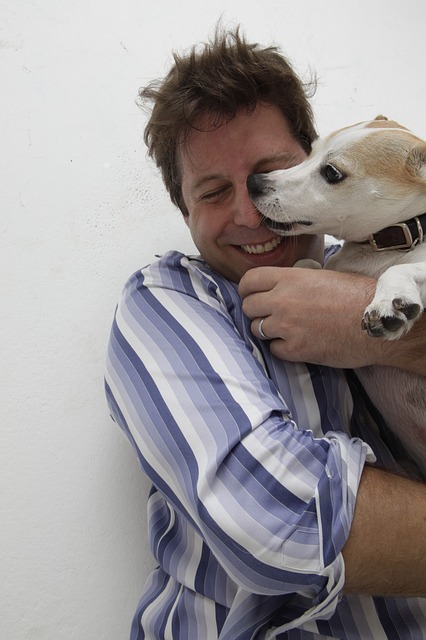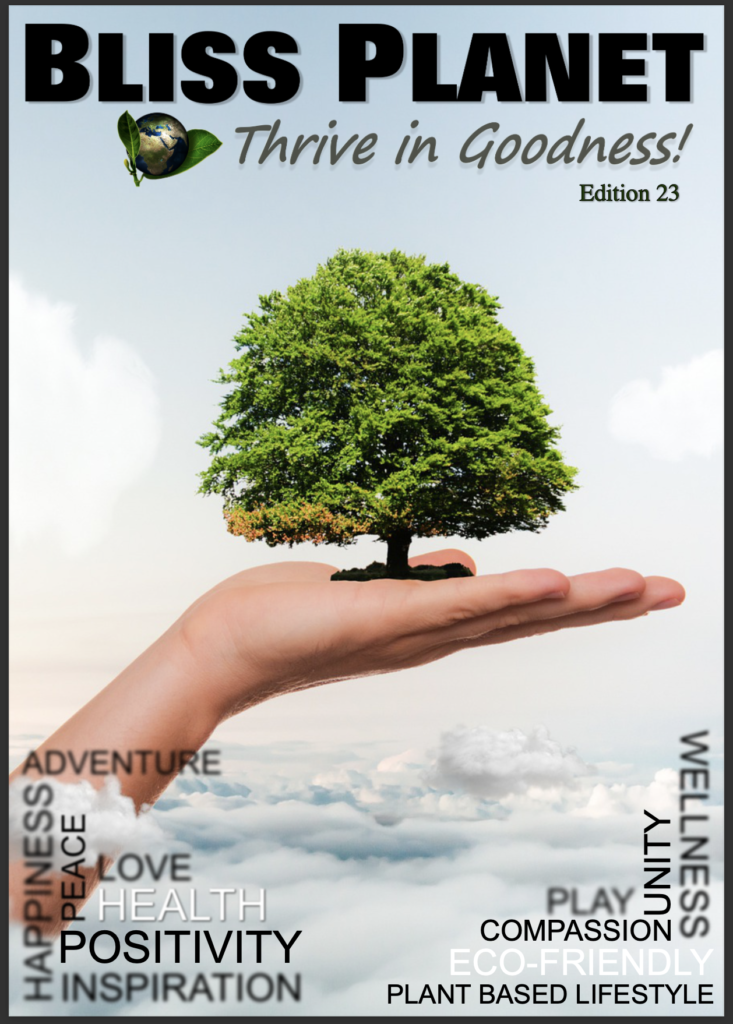The morality of humans may be judged by how they treat the vulnerable in their society. We regard those who engage in human sacrifice, slavery, false imprisonment etc., as barbaric. What then are we to make of those who exploit, degrade and torture the most vulnerable of all, our domesticated and companion animals? We salve our collective conscious with legislation to prevent cruelty to animals, yet our justice system seldom applies the full force available to the law in cases of cruelty, neglect or maltreatment. For example, in one case, the systematic torture of a young dog which resulted in its slow death over a number of hours, only attracted a four month prison sentence, although the magistrate could have imposed a maximum of five years goal. It is obvious to the layman and the community in general, that magistrates are often reluctant to apply the penalties at their disposal. Undoubtedly, this is one of the reasons why the cruelty of animals persists, to the extent that it does.
It is naïve to think that better application of the penalties which are available, will stop animal cruelty cases from occurring, however, enforcing stronger penalties will certainly help deter potential offenders and the less scrupulous commercial exploiters of animals. Animal cruelty cases are no different than other forms of crimes. History tells us, that vigorous prosecution of offences and rigorous application of the available penalties, will act as a deterrent.
The continued maltreatment and exploitation of animals persists, because of a range of factors present in our community. These include a lack of determination by the judicial system, to treat these cases with the gravity they deserve. This is further aided and abetted by Councils, who issue the permits and collect the fees associated with keeping animals, merely as a revenue raising exercise, paying lip service to the expectations and concerns of their rate payers. Councils need to be accountable for more than just collecting the associated revenue. If they require people to be licensed, they must also assume an obligation to ensure that these licensed enterprises which exploit animals for commercial gain, are run appropriately and adhere to the standards of humaneness, expected by the community. Currently, unscrupulous operators will cite Council approval of their facility as “permission” to operate as they do. This attitude blatantly side steps the issue of whether animals are being kept in humane conditions, and should not be tolerated. Neither should we tolerate the reaction of Councils, which argue that their hands are tied because the facility previously obtained Council approval. If we are serious about our moral superiority as sentient human beings, we need to do better, much better.
State and Federal Governments should also have a central role in monitoring community expectations. A large part of our lives are intertwined with domesticated animals, in one way or another, whether as owners or consumers. We need to ensure that those creatures that lay their lives down for us are at least humanely treated, and even though we exploit them, we have an obligation to minimise our cruelty and callousness towards them. As concerned citizens, we have a duty to make sure that our elected representatives are as accountable in this area of community life, as in any other. It is their responsibility to ensure that the community’s expectations are met.
It is not good enough to tolerate or ignore the inhumane treatment of animals in our community, any more than we tolerate cruelty and inhumanity towards children, who are also vulnerable members of our community. We should liken our attitude towards the ill treatment of animals in much the same light as our abhorrence to the predation of adults on children. Neither animals nor children have a voice or power to resist how they are treated, therefore, we as a community have a duty to champion their cause.
As a society, our success is intimately bound up with domesticated animals as companions, or as creatures that we exploit for commercial gain. We must assume responsibility for their welfare, not only when it suits us, but as an unshakable duty; just as we accept that we have a duty to uphold the welfare of our fellow citizens and their rights. The long held religious viewpoint that man has dominion over animals really has no place in a modern society. We may exploit and manipulate them to suit our needs, but we shouldn’t pretend that we have a God given right to do so. The fact that we are more intelligent than the animals that we interact with, robs us of any excuse that we are ignorant of their welfare needs. The only conclusion any thinking person can come to, is that those of us who are cruel to animals are possessed of less moral calibre, than the very animals they mistreat.
The reality of human society is that we do have to exploit animals for commercial gain and food; that is not the issue. What is the issue, however, is in how we treat those animals as part of our exploitation. It cannot be accepted that animals are slaughtered inhumanely or with excessive cruelty, when we have at our disposal, so many options to do it humanely. Neither is there any excuse for maintaining or breeding animals in sub-standard conditions, where their development and welfare is compromised by the conditions that they are kept in.
Magistrates need look no further than their conscience to decide whether the way a creature is kept, and treated, is humane. We do not need to keep dogs chained up in cages, unable to exercise, or where they consistently lack water, are under nourished or beaten; simply because the owners are not prepared to accept full responsibility for their welfare, or because the owners partake in this maltreatment, for their own gratification. We do not need to keep pigs in filthy conditions, beat them to death when slaughtering them, or overcrowd them in pens, where they cannot exercise. We do not need to lock hens in cages, as breeding machines, where their short sad lives are totally at odds with their instinctive behaviour.
The internet has the opportunity to play a powerful role in ensuring that animals are better treated than they have been, not only by disseminating cases of maltreatment to wider audiences, but also in prompting lobby groups and social media to actively encourage Government bodies to be more vigorous in accepting responsibility, for the humane treatment of animals. We know this is possible through the work of people who have fought against battery hen farms as well as other instances, where the spotlight has been turned on the inhumane practices of commercial interests in the animal husbandry industry.
As a concerned individual, you can support the cause of animal welfare. Challenge your elected representatives on their position on animal welfare, and vote accordingly. Force your local Council to bear their share of the responsibility in ensuring that animal welfare is upheld in your community; question how they use the funds collected, such as dog registrations, breeding kennel registrations etc. Find out how they actually supervise animal welfare in your community and demand that they do better, if it is apparent that they only pay lip service. Lobby to ensure that animal welfare legislation is strengthened and be vocal when magistrates leniently apply the laws, in cases of animal cruelty. Use social media to incite opposition to apathy about animal cruelty. The power is in your hands, how do you want your morality judged?
Lobby your elected Members of Parliament, support your volunteer organisations, such as R.S.P.C.A., and P.E.T.A. (People for Ethical Treatment of Animals). Force your local Council to accept responsibility. Contact me on http://wordscribe.weebly.com.





